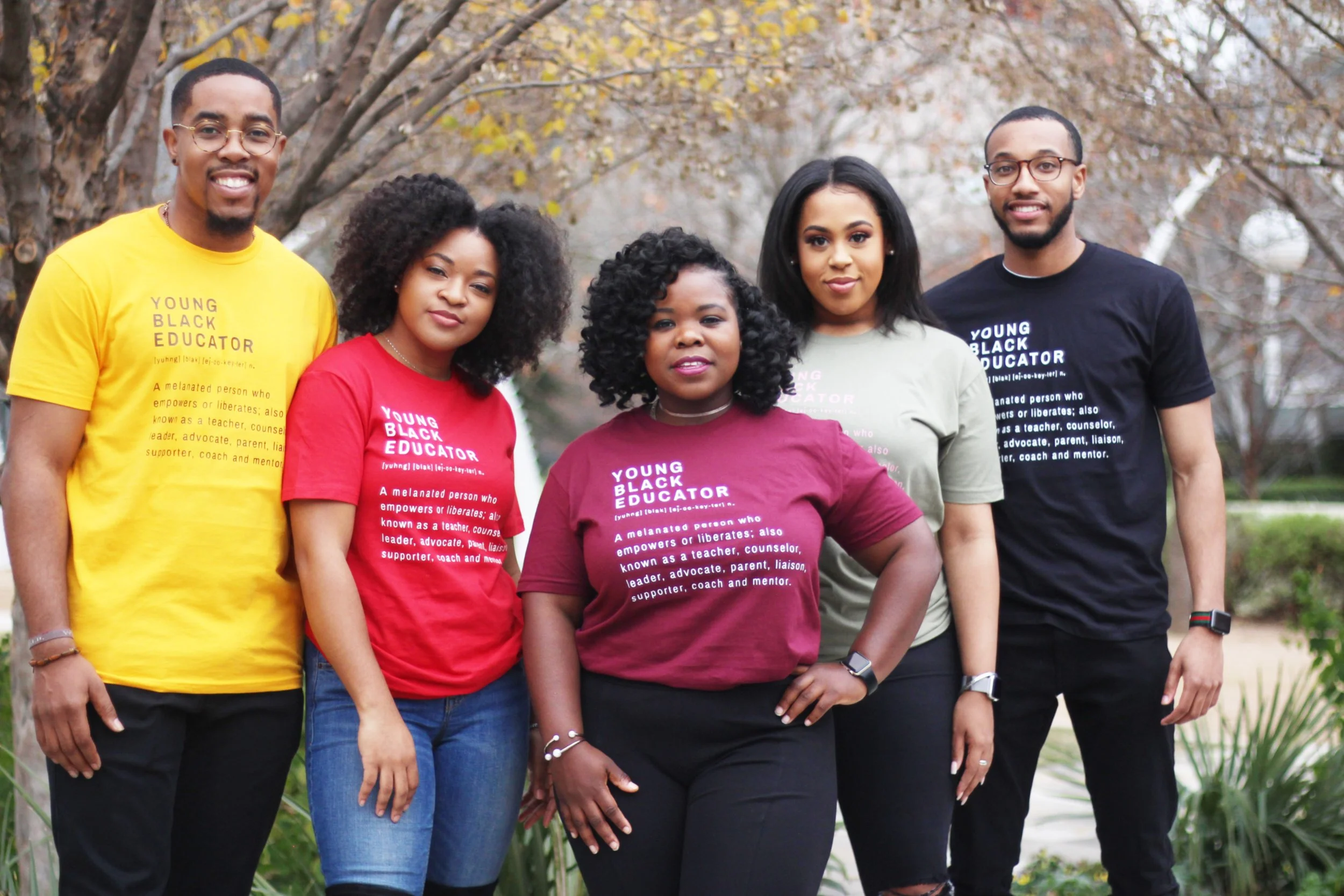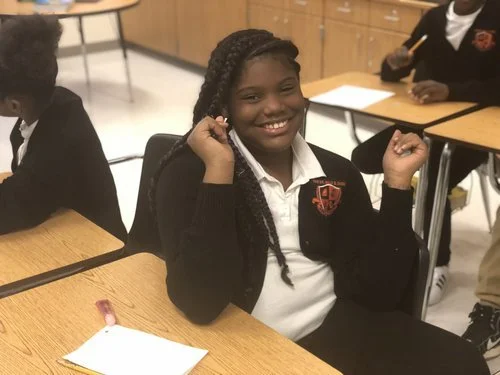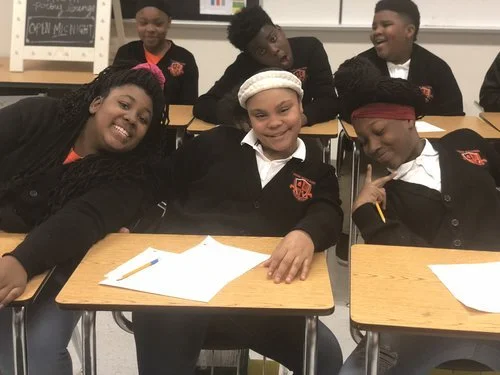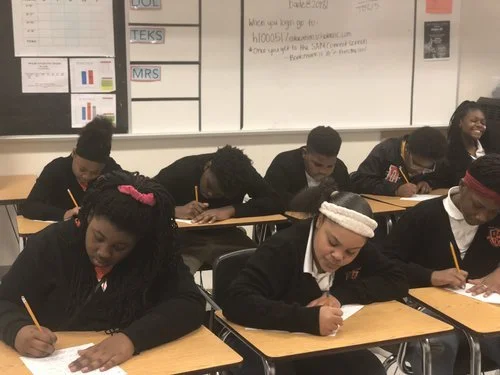We Cannot Solve The Problems That Plague The Black Community Without First Identifying The Source: EDUCATION
Black students are three times more likely to be impoverished, four times more likely to be suspended, and six times more likely to be incarcerated. Only 40% of black students who pursue higher education will graduate after six years.
This demonstrates the urgent need to close the opportunity gap, which prevents black students from having educational experiences that develop their sense of identity, expose them to diverse career options, and encourage them to go to college. This problem is compounded by the underrepresentation of black teachers and administrators in public schools with only 6.7% of educators identifying as black. The unfortunate reality is that public education was not designed with our children in mind.
Every parent desires for their child to have the best education possible, every teacher needs access to the resources necessary to empower their students, and every child deserves the opportunity to pursue higher education. Our youth possess a wealth of creativity, intellect, and passion even in the midst of racism and systematic oppression. If given the opportunity to fully develop their talents and gifts, black students will not only positively impact our communities for generations to come, but will change the world. Zip codes and skin tones should not have the power to determine whether students receives a quality education.
RACIAL BREAKDOWN OF AMERICA’S TEACHERS
In 2015-16, there were an estimated 3,827,100 public school teachers in the United States. Slightly more than 80 percent of them were white, while less than half of students were white.
Providing Black students with a culturally responsive education is not only a civil rights issue, but a moral obligation. Poverty, health disparities, and the criminal justice system are fueled by low educational attainment. We understand that education is the gatekeeper to both opportunity and success. By improving the state of education for Black students, we are directly improving the social economic status of our community, minimizing the effects of health disparities, and closing the school to prison pipeline. The first action necessary to reclaim our community is taking ownership of the education that our children receive.




